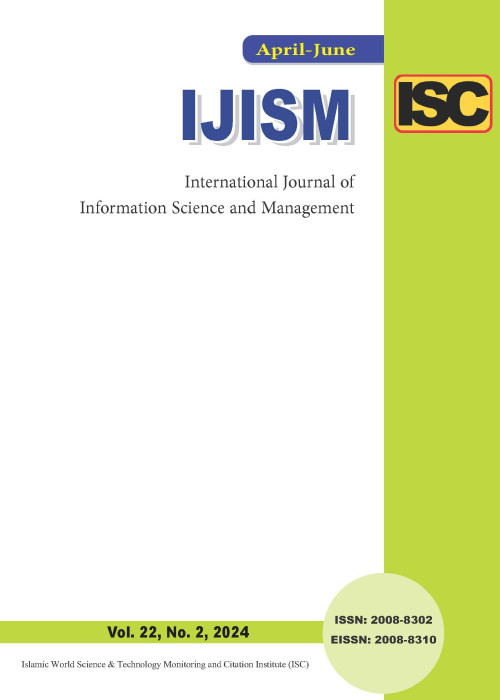The Influence of Semantic Web on Decision Making of Customers in Tourism Industry
Author(s):
Abstract:
The Internet is already the primary source of tourist destination information for travelers. According to World Tourism Organization, about 95% of Web users use the Internet to gather travel related information and about 93% indicate that they visited tourism Web sites when planning for vacations. The number of people turning to the Internet for vacation and travel planning has increased more than 300% over the past five years. E-tourism is a perfect application area for semantic Web technologies, since information dissemination and exchange are the key backbones of the travel industry. The Semantic Web aims at making the wealth of information available on the Web accessible to more precise search and automated information extraction and processing, based on a machine-readable representation of meaning in the form of ontologies. One common assumption is that the Semantic Web can be made a reality by gradually augmenting existing Web data by ontological annotations. In this paper, we describe electronic word-of-mouth (e-WOM), which has been referred to by various terms such as online communities, feedback systems, peer reputation systems, or consumer generated media. Such systems provide a global platform for customers to share their experiences, and also rate service providers. The primary focus was on the product review systems (PRS). These review systems are less personal but more ubiquitous platforms for e-WOM wherein consumers post reviews about the products/services they have consumed. These reviews are widely accessible to other consumers but are disseminated only when other consumer consult these reviews during the purchasing process. The results illustrate, consumers in the low involvement mode, had carefully analyzed the content of the message to arrive at the decision whether or not to trust the review. In the high involvement mode, they also gave importance to peripheral cues such as the demographic information of the reviewer. This paper shows that the role of social factors, apart from the main review content, can have significant influence on consumers’ attitude towards the reviews on the web.
Language:
English
Published:
International Journal of Information Science and Management, Volume:8 Issue: 1, Apr 2010
Pages:
77 to 98
https://magiran.com/p692689
دانلود و مطالعه متن این مقاله با یکی از روشهای زیر امکان پذیر است:
اشتراک شخصی
با عضویت و پرداخت آنلاین حق اشتراک یکساله به مبلغ 1,390,000ريال میتوانید 70 عنوان مطلب دانلود کنید!
اشتراک سازمانی
به کتابخانه دانشگاه یا محل کار خود پیشنهاد کنید تا اشتراک سازمانی این پایگاه را برای دسترسی نامحدود همه کاربران به متن مطالب تهیه نمایند!
توجه!
- حق عضویت دریافتی صرف حمایت از نشریات عضو و نگهداری، تکمیل و توسعه مگیران میشود.
- پرداخت حق اشتراک و دانلود مقالات اجازه بازنشر آن در سایر رسانههای چاپی و دیجیتال را به کاربر نمیدهد.
In order to view content subscription is required
Personal subscription
Subscribe magiran.com for 70 € euros via PayPal and download 70 articles during a year.
Organization subscription
Please contact us to subscribe your university or library for unlimited access!


